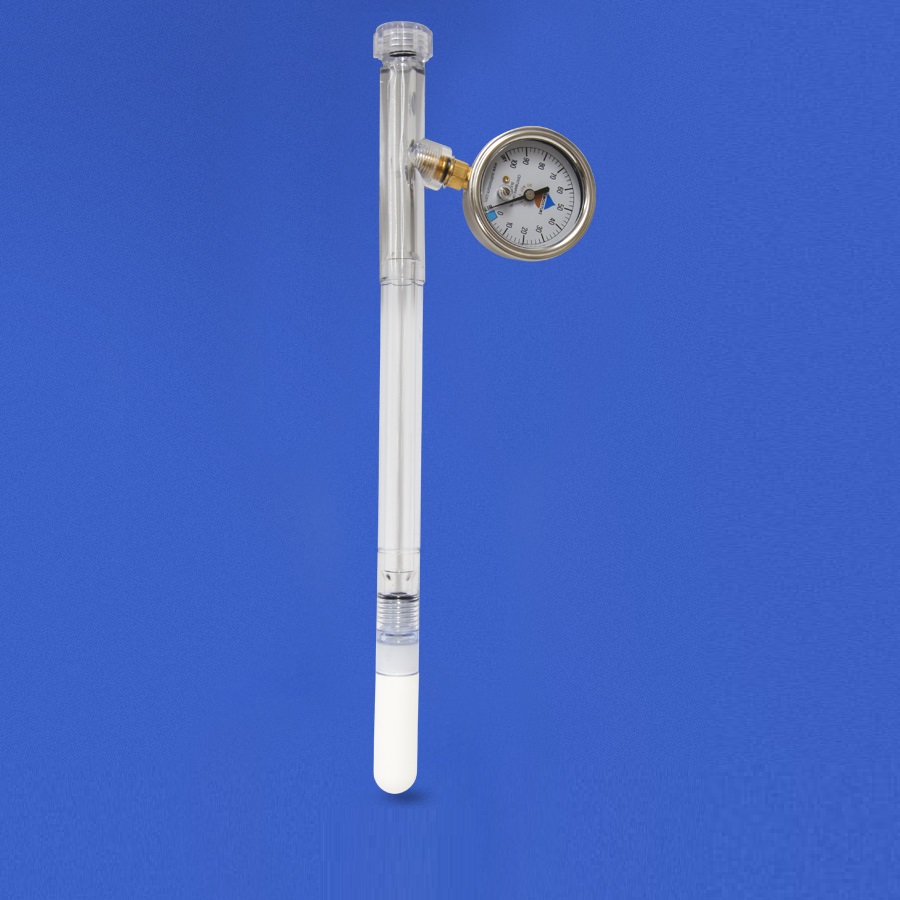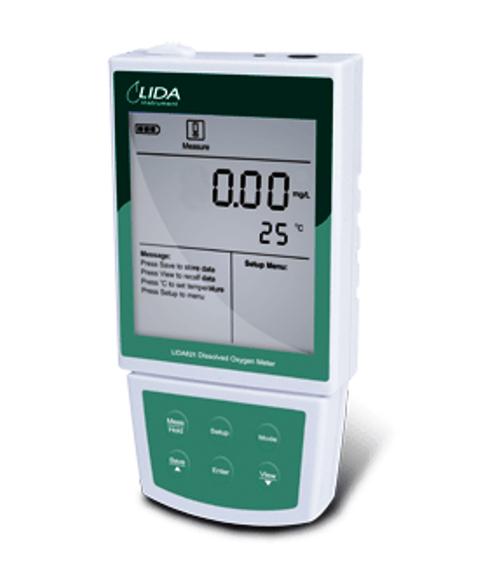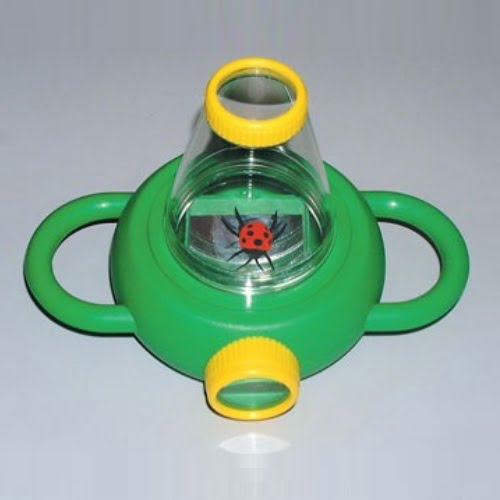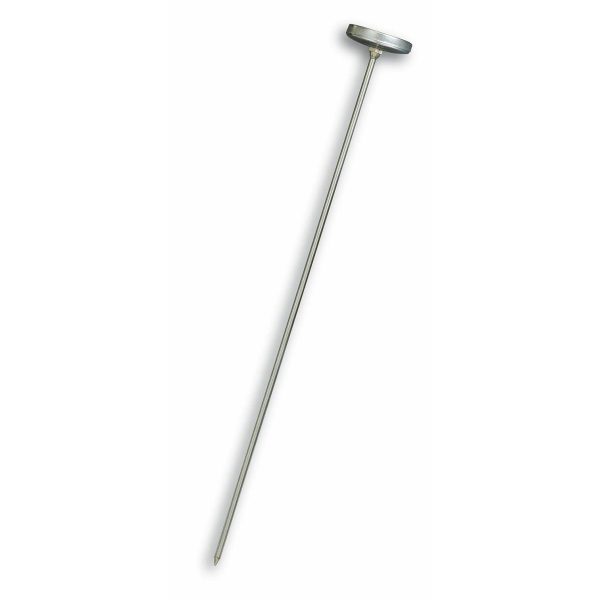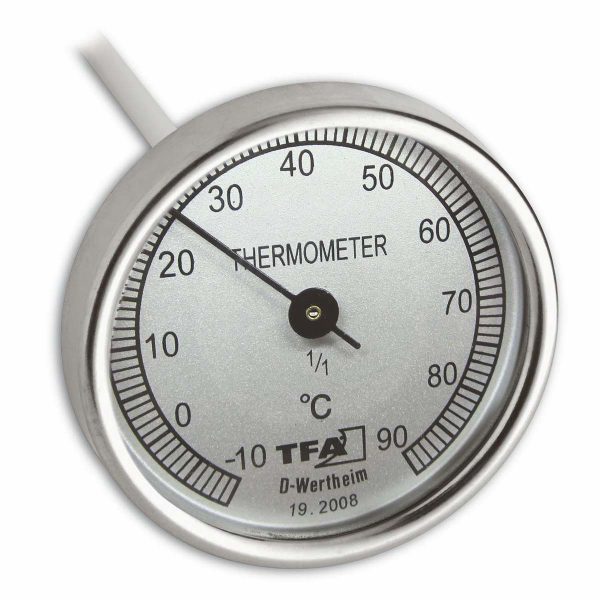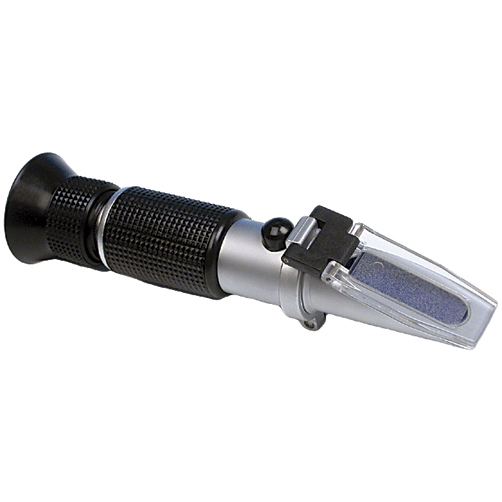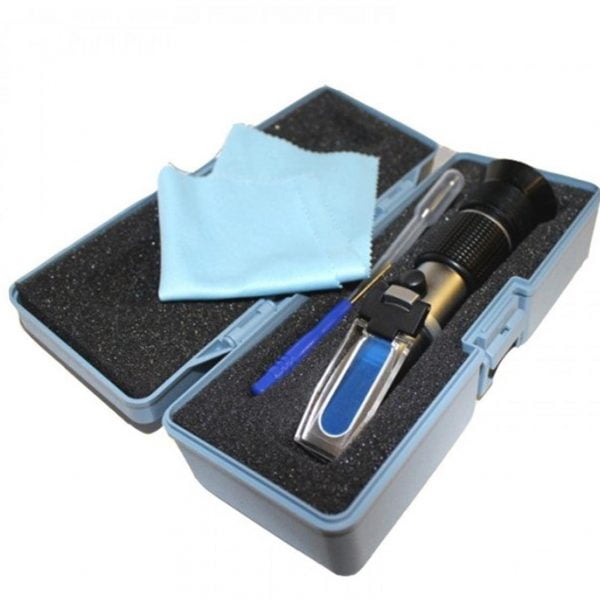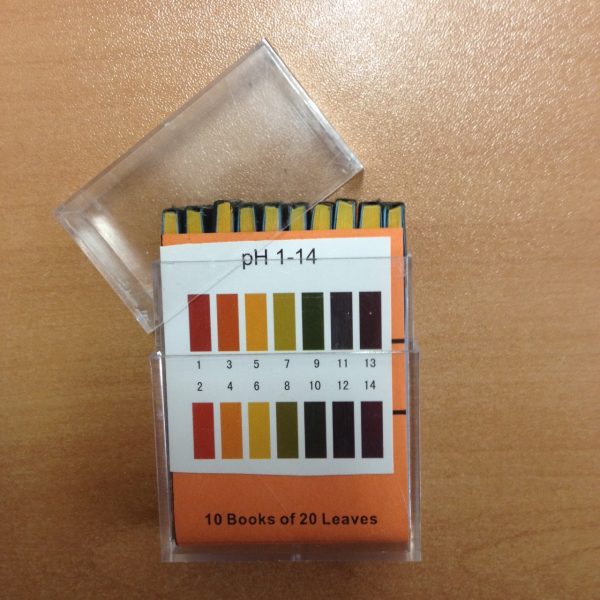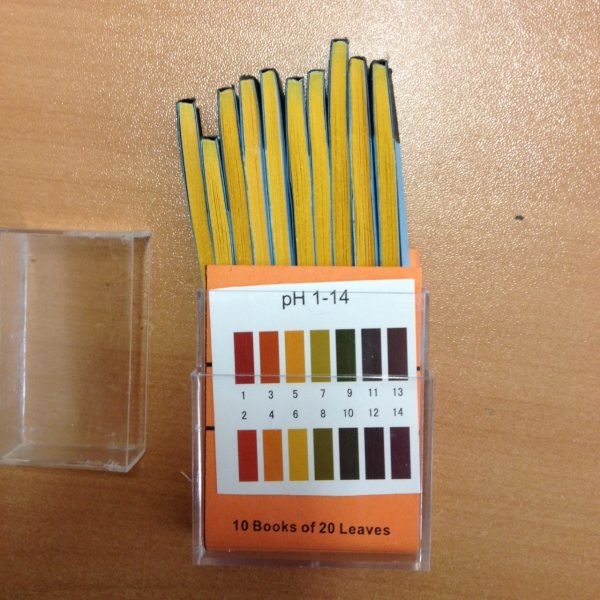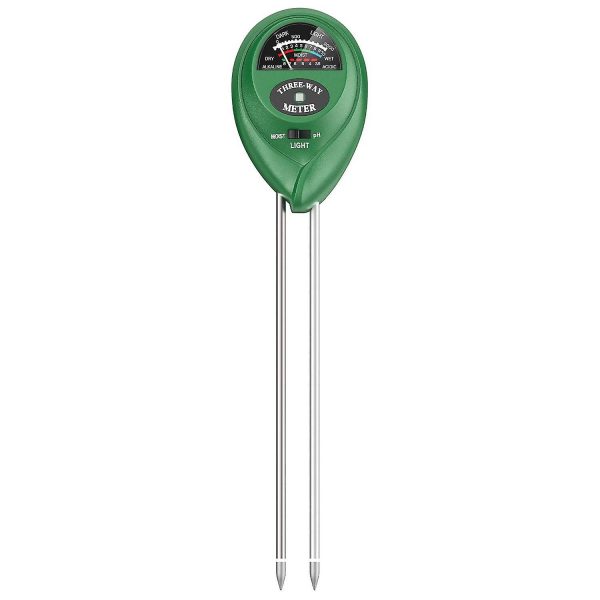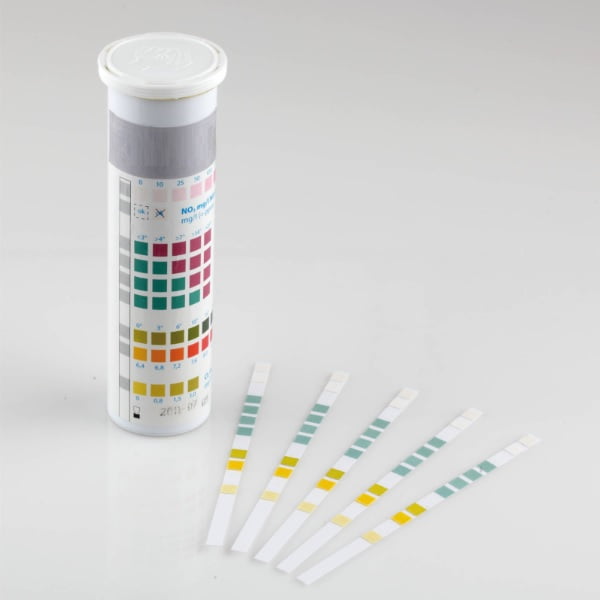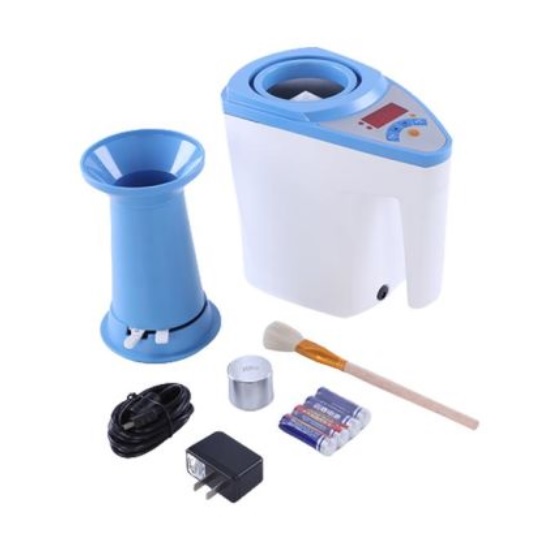Tensiometer for soil moisture
Using Tensiometer for Soil Moisture Measurement
Soil moisture is an important component of the atmospheric water cycle in both small agricultural scale and large scale terrestrial/atmospheric modeling. Vegetation and crops are always more dependent on moisture conditions at the root level than on precipitation. Water budgeting for irrigation planning as well as actual scheduling of irrigation activities requires local information about the moisture in the soil. The availability of information on the degree of soil moisture helps to understand the onset of convection and predict the risk of flash floods or fog formation.
Tensiometer. Brief Description
The measurement of soil moisture potential at different depths can be carried out by the most widespread method using a tensiometer. It is a simple instrument, typically consisting of a porous ceramic tip and a sealed plastic cylindrical tube connecting the reservoir to a defined pressure recording device – gauge – at the side of the cylinder. These instruments are often scaled from 0 to (-)100 centibars (or other pressure units). In practice, their readings range from 0 (fully saturated soil water) to (-)60 – 70 centibars (1 centibar corresponds to 1kPa or 10mbar).
Meter Gauge
Measure from 0 – 600mbar/hPa.
Height 300 mm.


 Botzees
Botzees Keyestudio
Keyestudio Fischertechnik
Fischertechnik